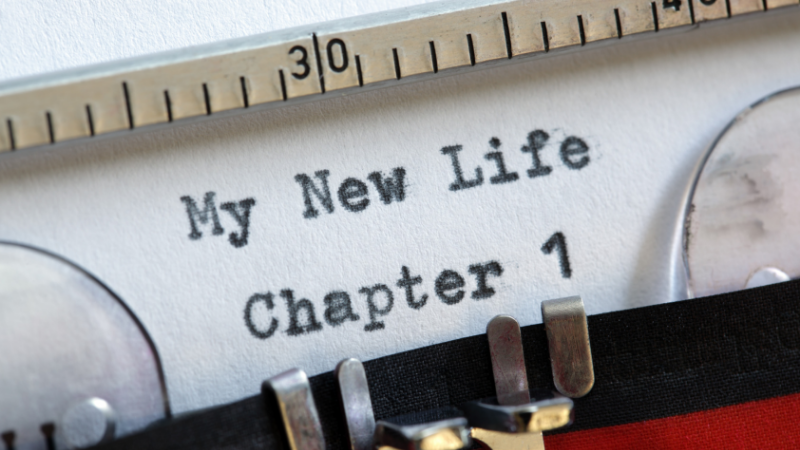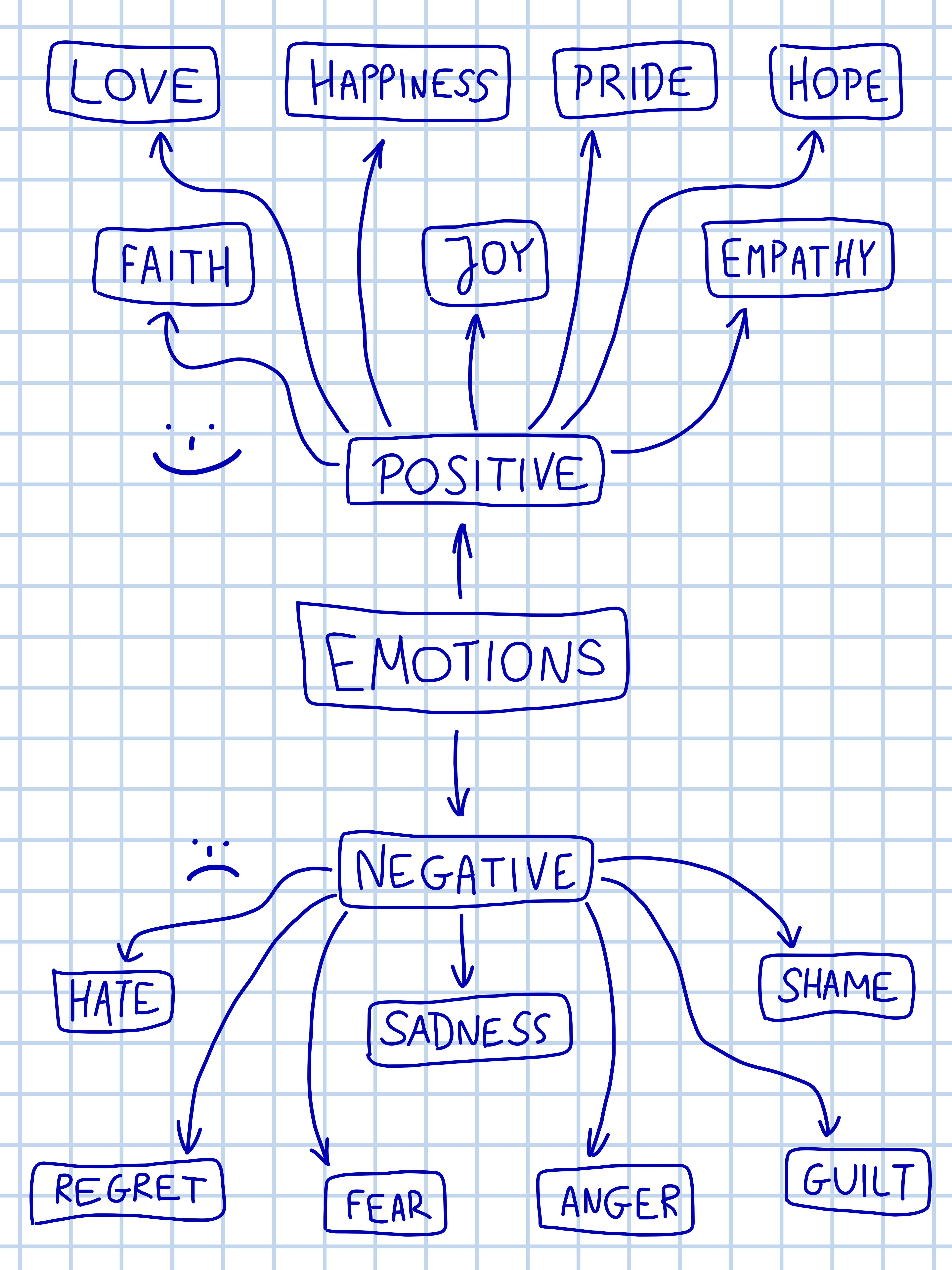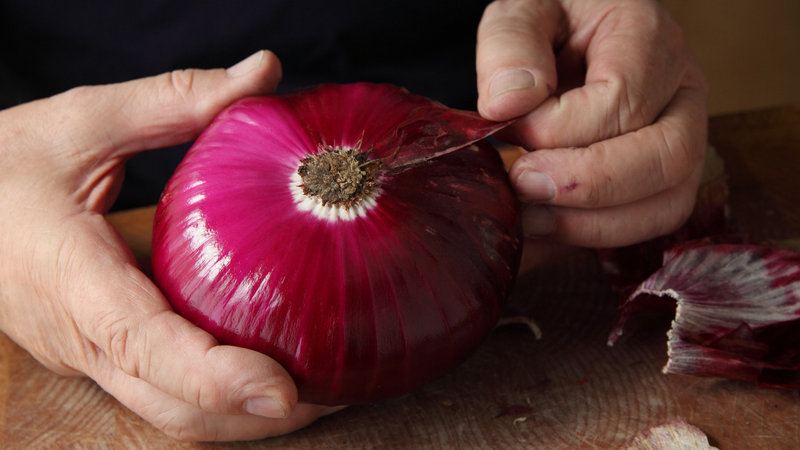The Recovery Process Means Starting Fresh
I recently wrote a post called “Surviving a Crisis” and shared it on my Facebook wall. One response about the recovery process caught my attention:
“Being on meds and regaining control of myself is like learning to deal with the emotional upheaval…when I was a teen.”
No kidding. I don’t know what your experience was with your diagnosis, but for me, it was a relief. I had a name for my experiences and an ability to look back on them with new eyes. I also made the decision to do everything within my power to feel better and to live a better life. I wanted real relationships, real community, and I especially wanted them to stick around for more than a six-month stretch.
I was ready to do the work.
There is a lot to find frustrating about the recovery process. Taking a pill every day can be a hassle, and some medications come with less-than-pleasurable side effects — and that’s assuming that we are able to find an effective medication (or medication combination) quickly in the recovery process. Additionally, relief often doesn’t come overnight and even when we do everything right, we stumble. We relapse. We struggle.
One thing no one told me to prepare for, though, was that I would have to relearn everything I knew about life. How to interact with people in a healthy way. How to care for myself with nutrition and self-care. How to encounter and participate in a community. The shortcuts and coping mechanisms I relied on needed to be undone and relearned so I would have better (read: healthier) responses. “It’s about being effective,” as I heard more than once from my support group leaders.
The recovery process is brutal.
The reality is that recovery — true recovery — means starting from scratch. Wait — that’s not true. It means unlearning old behaviors and learning new behaviors, which I think is even harder than starting from scratch.
Instagram may not tell you the same thing. It’s full of beautiful memes and inspirational quotes that tell us how easy it is to be healthy. “Happiness is a choice,” one meme may tell us while another exhorts, “Don’t look back! The future is ahead!”
In reality, however, the recovery process means getting dirty. It means confronting our messiness. It means shining a flashlight in the darkest corners of our souls and flushing out the skeletons we’ve stuffed there. It means acknowledging that we need to live our lives differently. Happiness can’t be a choice when the “on” button is broken.
For many people, the recovery process can also be uncomfortable. As we learn to set boundaries and experience healthy relationships, we sometimes miss the drama we used to live. It may feel like a void, like something is missing in our lives.
For me, losing weight is a challenge because my weight is a protection mechanism against sexual assault. This is the first time in my life I’ve lost weight (over 20 lbs) and kept it off for any length of time (over a year!). I’m still adjusting to my current weight level. The idea of losing more weight still drives anxiety in me (seriously; my shoulders just tightened and my breathing became shallow even considering the idea). My hidden worry is that losing weight will make me a target for sexual predators, even though I’m significantly past the age for most experiences like that. Even so, I can tell I’m almost ready to take the next step in this area.
The recovery process can also be overwhelming. Although psychologists and counselors often do their best to make the changes feel small, the reality is that a baby step for you may be the equivalent of a 6-foot pole vault for me. Figuring out where to begin is often, itself, a major challenge. Do I start with meds? Exercise? Nutrition? Journaling? In their desire to help us, we are handed an avalanche of information.
Loved ones often compound this issue in their excitement to see us getting help and in their hopefulness that we will get better.
I know. I’ve been there. I’m here to help you.
Here’s my best advice for you: Meet yourself where you’re at. For many of us, that means starting with meds. Invest the time to dial in your meds and get in the habit of taking them regularly. (I’ve used chalk-pen calendars on my bathroom mirror for this in the past; now I use Habitica.)
From there, pick one other area you want to work on in the recovery process. Maybe that’s meditation, maybe it’s personal grooming or exercise. Maybe it’s talk therapy or attending a support group. There are no right answers when it comes to this step.
The biggest key is to pick one and start small. Give yourself time (for me, this is usually at least a month) to integrate this small change into your life. Right now, I’m working on drinking water every day. I started with a goal of 1 ounce of water every day; two weeks later I upped it to 1.5 ounces. I always drink more than that, but I started really small so that I could be successful and not get frustrated.
As you continue the recovery process, I think you’ll find that you become capable of doing and achieving more. As we feel better, our capacity grows to do more. We get a sense of accomplishment and start to feel competent in our lives. It becomes easier to handle the setbacks that everyone experiences. It’s hard work, but it delivers tremendous benefits. It really is better on the other side.
What intimidates you about therapy? Or, if you’ve been in therapy for a while, what’s one thing you’ve learned about the process?
Looking for daily inspiration and community? Join our warm and supportive Facebook group!









